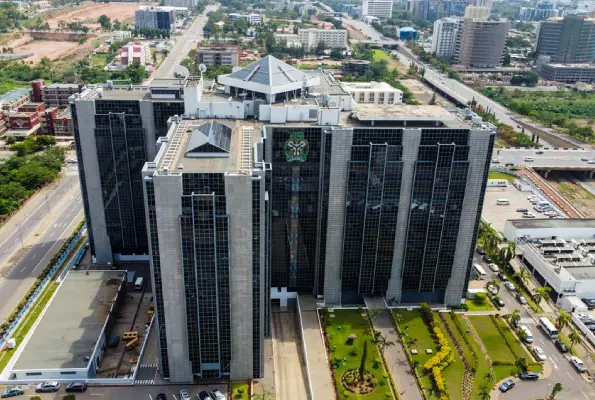The National Security Adviser’s (NSA) office will oversee the process of deducting cyber security levies, which was previously ordered by the Central Bank of Nigeria (CBN) and officially withdrawn.
This was revealed in a circular that was signed by Chibuzor Efobi, the apex bank’s director of payments system management, and Director of financial policy and regulation, Haruna. B. Mustafa. The circular was distributed to various bank categories, mobile money providers, and payment service providers.
“The circular on deduction and collection of the cyber security levy is hereby withdrawn,” according to the statement, as reported by the Zawya.
In order to address the concerns regarding the interpretation of the Central Bank Of Nigeria directive and the Cybersecurity Act, the African country’s parliament reportedly expressed concern that if immediate action was not taken, the act would be implemented incorrectly.
The Central Bank Of Nigeria mandated that all banks, mobile money providers, and payment service providers implement a new cybersecurity levy in May 2024, in accordance with the guidelines outlined in the Cybercrime (Prohibition, Prevention, etc.) Act.
The National Cybersecurity Fund (NCF), which is under the direction of the Office of the National Security Adviser, will receive a levy equal to 0.5% of the total value of all electronic transactions, as per the Act.
The levy had to be applied by financial institutions at the origination point of electronic transfers. The amount that was withheld was supposed to be clearly recorded in customer accounts with the label “Cybersecurity Levy” and sent by the financial institution.
“The implementation of the new tax, which will inevitably raise the cost of doing business in Nigeria and could have an impact on the rise in the use of digital transactions, has apparently caused mixed reactions among stakeholders,” according to Andersen Global.
Even though the government is still working to raise more money, the implementation of this new tax may seem premature given the state of the economy and the government’s pledge to lower the number of taxes in Nigeria under the National Tax Policy of 2017.


